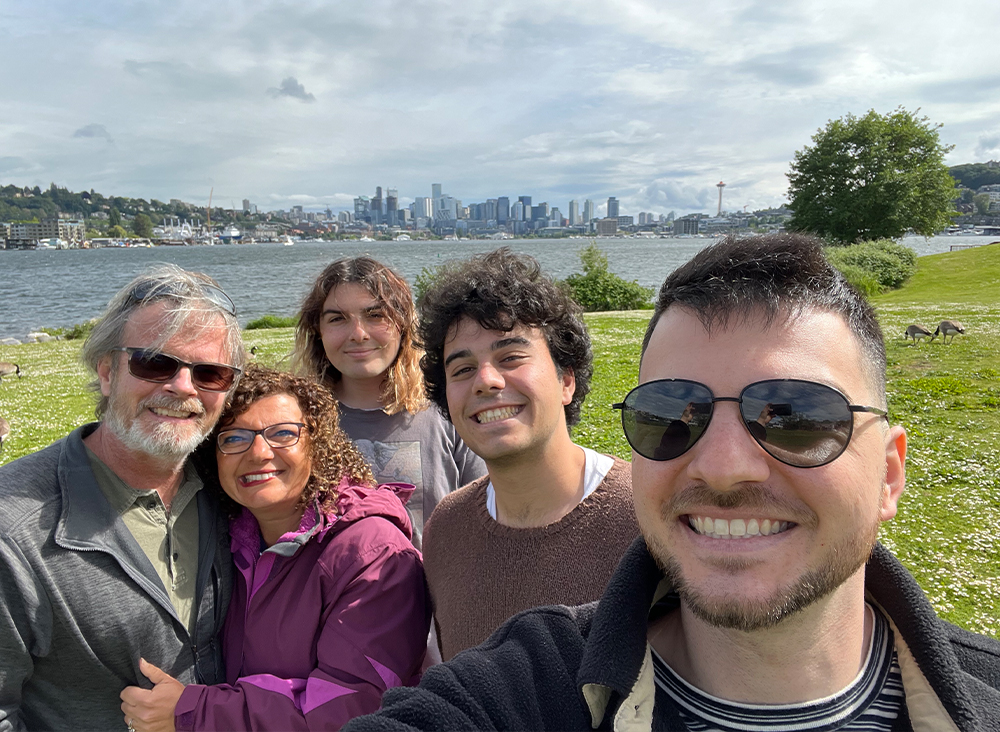
While soft piano music and warm lamplight lit the family room, I was reading a long book when my sister brought my brother home from a night of using in the park. Our parents were in bed, if not asleep. I figured they had become used to the circuit: their daughter would scour everywhere familiar and then find him somewhere exhausted. I had come home only recently from a year of college and was not yet stiffened by my family situation. So I read and waited. I remember wanting to see both of their faces—what would I read there on their faces? Would her face depict a sister resolved to, but weary of, her commitment to our brother’s safety? Would his face be relaxed in some indulgent respite; would he be unable to ask for help, but remorse would flicker across his eyes? I wish I remembered exactly, but exhaustion and desperation were there.
I remember having some conversation with my brother after he drank and refilled glasses of water and then sank into a couch. I too wish I remembered exactly what we discussed. It was not about his night; I deliberately avoided those conversations, not from fear, but a wish to define our relationship as rest away from whatever continued to hurt him. He commented on my reading, and we talked about literature and philosophy. I was guarded, but always sincere: I knew he had recently entertained nihilistic attitudes and, like many times before and after, I treaded the line between validation and criticism.
There is one name that emerges definitively into this memory: Charles Bukowski, a poet whose work functioned as a necessary bridge between my brother and I. Virile, pugnacious, Bukowski wrote from a sinkhole of self-loathing with the ambition to rise above himself. In that space, upon that night, my brother revealed to me he had begun reading Bukowski’s work and was surprised that I owned a collection. I know this pleased him; it was a door. He showed me a poem that night, and, again, I wish I remembered what the poem was. I often revisit Bukowski to find just that poem alone.
That forgotten poem marked a moment for my brother and I. That first conversation about Charles Bukowski, I remember as our first between brothers as equals. Other than that immediate feeling just prior to their return, despite its equivocality, this one particular night is colored with homecoming, forms of returns and departures, and a coming to; for, whichever night I actually remember, it had revealed to me a means to have a relationship with my brother.
This was many years ago, my brother’s sobriety of three years lengthening the distance between now and then; but, what lingers is that night, some night, which I know to be the foundation a new brotherhood, found in the thick of it, as it were. Though I do not remember Bukowski’s words nor lines that brought us closer, I return to six.
“What matters
most
is how well
you walk
through
the fire.”
— Charles Bukowski